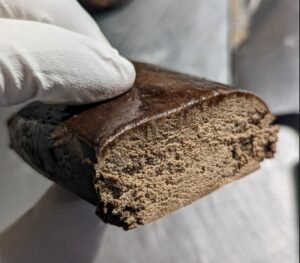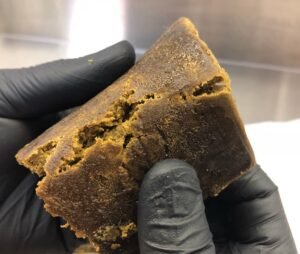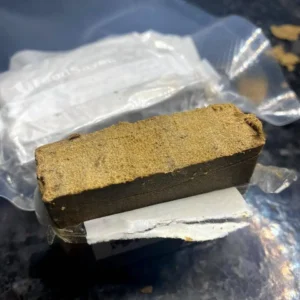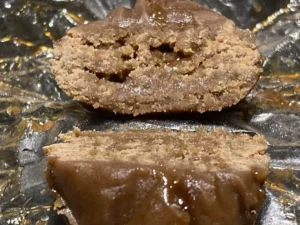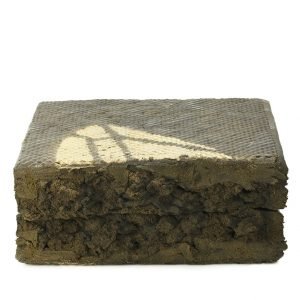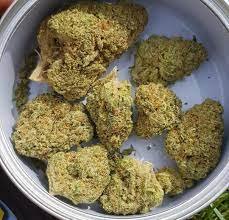Quality Hash
DESCRIPTIONS
Buy Hash Denmark Hashish, often called hash, is a potent form of cannabis (marijuana) produced by collecting and compressing trichomes, the most potent material from cannabis plants. Marijuana is a green, brown or gray mixture of dried, shredded leaves, stems, seeds and flowers of the plant Cannabis sativa.
Trichomes are the fine growths on cannabis plants that produce a brown or or orange sticky resin. The resin is high in THC.
Hash is often dried and pressed into small blocks or made into an oil. It may also be added to food and eaten.
Hashish contains essentially the same active ingredients found in marijuana, except in a more concentrated THC form. Sinsemilla, hashish and hash oil are stronger forms of marijuana. These products are THC concentrates or extracts. They appear as a dark brown, waxy substance or can be made into an oil.
HOW IS HASH USED?
Hashish or concentrates are usually smoked in a pipe or water pipe (bong) or “dabbed” using a special tool or vaporizer (“vape”) pen. It may be rolled into a “blunt” (from an empty cigar) with marijuana or tobacco. It can be added to food or brewed in a tea, also.
Many who use marijuana concentrates prefer the use of a vaporizer because it’s smokeless, odor-free and easy to carry and hide. Using a vaporizer to ingest marijuana concentrates is commonly referred to as “dabbing” or “vaping.”
Dabbing, or smoking THC-rich products, is becoming more popular. Marijuana extracts, which contain very high amounts of THC include:
WHAT ARE THE HEALTH EFFECT OF HASH USE?
The short-term effects of hashish use include problems with memory and learning; distorted perception (sights, sounds, time, touch); difficulty in thinking and problem solving; loss of coordination; and increased heart rate, anxiety, and panic attacks. The effects may be more intense due to the high concentration of THC found in hash and other concentrates.
in THC marijuana is strongly absorbed by fatty tissues in various organs. Generally, traces of THC can be detected by standard urine testing methods several days after a smoking session. In heavy chronic users, traces can sometimes be detected for weeks after they have stopped using marijuana or its concentrates.
HASH ADDICTIVE POTENTIAL
A drug is addicting if it causes compulsive, uncontrollable drug craving, seeking, and use, even in the face of negative health and social consequences.
While not everyone who uses marijuana or hashish(THC) becomes addicted, when a user begins to seek out and take the drug compulsively, that person is said to be dependent or addicted to the drug. Buy Hash Denmark. Some frequent, heavy users of marijuana (THC) develop a tolerance for it. Tolerance means that the user needs larger doses of the drug to get the same desired results that they used to get from smaller amounts.
Long-term marijuana users may also experience withdrawal and addiction problems. Mild withdrawal symptoms that have been reported in those trying to quit include:
-trouble sleeping
-decreased appetite
-anxiety
-cravings
No medicines are available to treat marijuana use disorder, but behavioral support can be effective. Speak with your doctor if you are seeking treatment for marijuana use disorder.
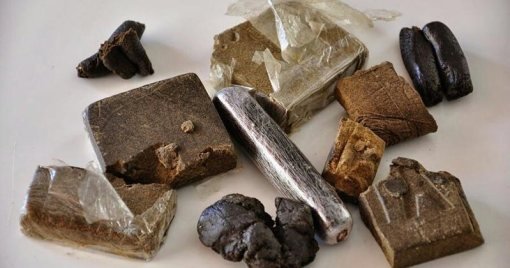
Showing all 7 results
Showing all 7 results
DETAILES
Hashish, usually abbreviated as hash, is a compressed form of powdered marijuana. As a psychoactive substance, it is consumed plain or mixed with tobacco. It has a long history of use in countries such as Afghanistan, India, Pakistan, Iran, Iraq, Lebanon, Morocco and Egypt.

